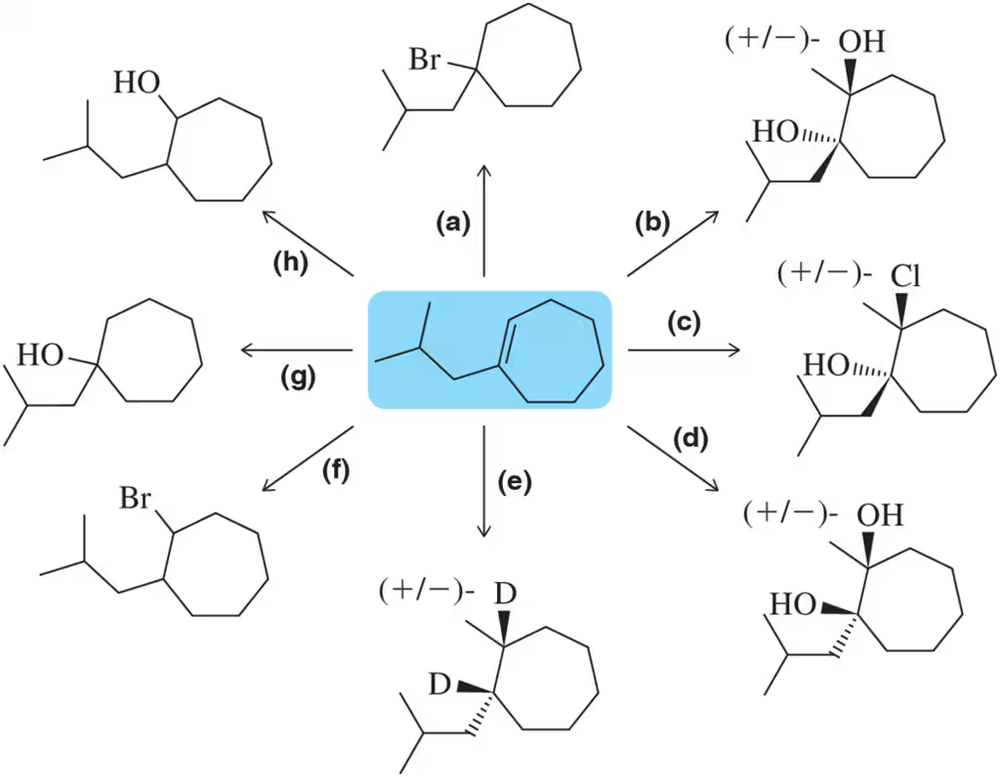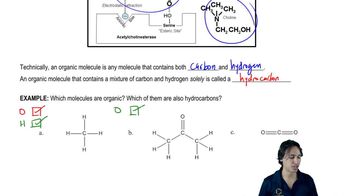Predict the products you would get when the following alkenes react under the following conditions: (ii) 1. Hg(OAc)2 , H2O , 2. NaBH4
(a)

 Verified step by step guidance
Verified step by step guidance Verified video answer for a similar problem:
Verified video answer for a similar problem:



 5:m
5:mMaster General properties of oxymercuration-reduction. with a bite sized video explanation from Johnny
Start learning